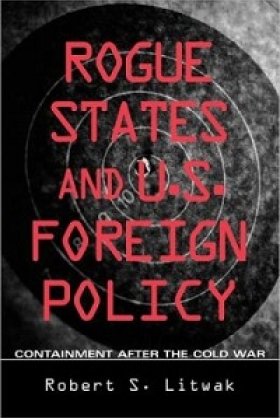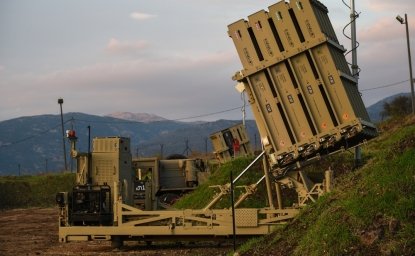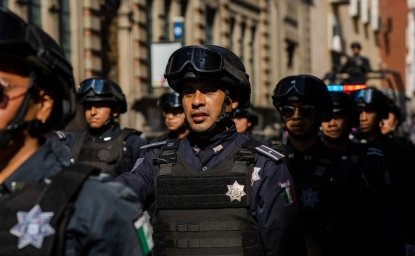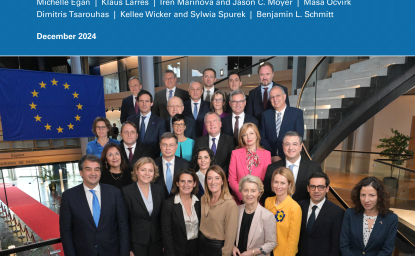Rogue States and U.S. Foreign Policy: Containment after the Cold War

-
President Clinton and other U.S. officials have warned that “rogue states” pose a major threat to international peace in the post-Cold War era. But what exactly is a rogue state? Does the concept foster a sound approach to foreign policy, or is it, in the end, no more than a counterproductive political epithet? Robert Litwak traces the origins and development of rogue state policy and then assesses its efficacy through detailed case studies of Iraq, Iran, and North Korea. He shows that the policy is politically selective, inhibits the ability of U.S. policymakers to adapt to changed conditions, and has been rejected by the United States’ major allies. Litwak concludes that by lumping and demonizing a disparate group of countries, the rogue state approach obscures understanding and distorts policymaking. In place of a generic and constricting strategy, he argues for the development of “differentiated” strategies of containment, tailored to the particular circumstances within individual states.
Robert S. Litwak is director of the Division of International Studies at the Woodrow Wilson International Center for Scholars. He served on the National Security Council staff as director for nonproliferation and export controls.
Author
 Robert S. LitwakSenior Vice President and Director of International Security StudiesSchedule interviewBrowse Insights & Analysis
Robert S. LitwakSenior Vice President and Director of International Security StudiesSchedule interviewBrowse Insights & AnalysisExplore More
Browse Insights & Analysis
Israel Expands Buffer Zone and Launches Hundreds of Airstrikes on Syria
Duration:2:30Posted date/time:
Уехал на СВО
Posted date/time:
The Structural Redesign of Security in Mexico
Posted date/time:
Transatlantic Relations Under the New European Commission
Posted date/time: